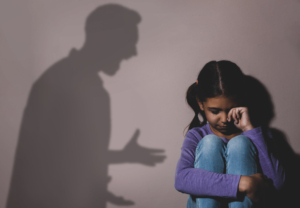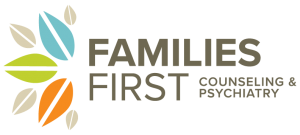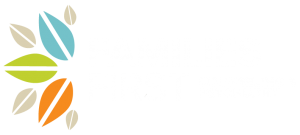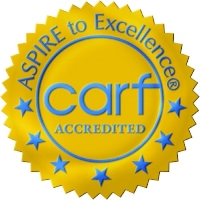Trauma and Codependency

Imagine being taken away from your parents at 6 and placed into foster homes where complete strangers physically abused you for seven years and eight months. Would you have any idea of what love was? How about acceptance? In my earliest childhood years, I always adopted the role of the one who brings safety and comfort. When my dad would physically abuse my mom, he’d find his way to me to be comforted as tears filled his face- “I’m so sorry. I just don’t know why she makes me so angry”. Or, my youngest sibling seeking me to feed him or fix his boo’s-boo’s-“Sissy, I need help.” Or even my mom ranting about conflicts in her friendships, most of which she started- “she just doesn’t know how bad I’m going to make her pay.” It wasn’t until deep reflection I learned that at an early age, I was emotionally available to handle people and their problems. My exposure to and experience of early childhood abuse is ultimately what created my codependency.
When I was younger, I’d always tell myself when I got older, I was going to create my own family who would love me and never hurt me. So as I developed, I started to attach myself to anybody that showed me the least bit of attention. I fell “in love” with almost all of my partners, and despite me physically and intuitively knowing these persons were no good for me, I stayed. I sacrificed my own resources, happiness, identity, and strengths for the acceptance and validation of those that claimed they loved me. This behavior was my effort to relieve myself of the non-acceptance and emptiness I felt from my abuse early on. “This isn’t love, but they need me. I understand them”- my justification for sticking around. In my ignorance, I didn’t realize I was using my emotional availability to further my experience of abuse. My entire ability to empathize and hold space for others’ feelings was also my identity of feeling connected and accepted by others. Unfortunately, my codependency negatively impacted my self-esteem and self-worthiness. I had to learn that I didn’t need to emotionally support others in order to thrive; this was not love. Others needing/relying on me was not my identity, nor did it deem me to be interesting, worthy, or accepted. I had to learn that my strengths do not have to also be my weakness. My advice to those suffering from codependent tendencies is- Know your value. Understand that you alone are worthy despite your experiences or what has been told to you. You are valuable, and before anyone can use you or need you, you must value yourself first. Create your own safety in your own identity.
Submitted by: Nathecia Brooks, LMSW



Leave a Reply
Want to join the discussion?Feel free to contribute!